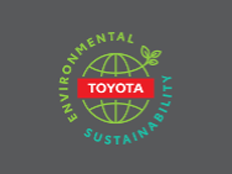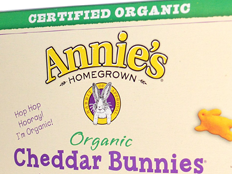MilliporeSigma Partners with Sterilis Solutions and Pure Strategies to Reduce the Volume and Environmental Impact of Plastics for Customers
A pureEnterprisepureProductpureSupply case study
It is estimated that the life science industry produces over 5.5 million tons of plastic every year. Plastics are used in 80-90 percent of medical supplies, ranging from personal protection equipment, pipettes, tubes, test kits, toxicology screening items, sharps, and others. Because medical waste is highly regulated, plastic components cannot be easily recycled. Instead, they are typically autoclaved and landfilled, burned for energy production (called waste-to-energy, or WtE), or incinerated without energy capture. These disposal methods carry emissions, energy use, and other impacts to the planet.
Read More

























